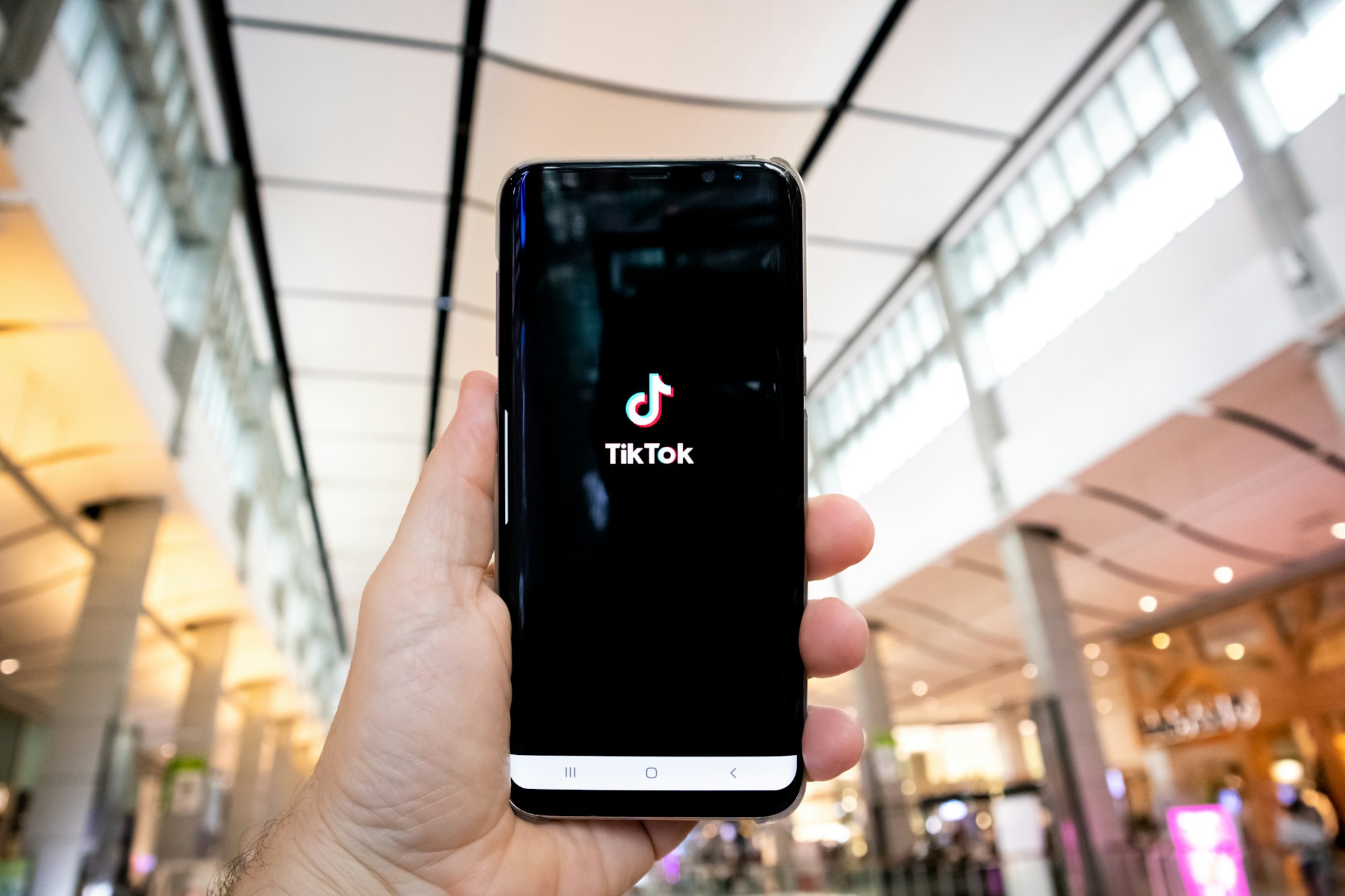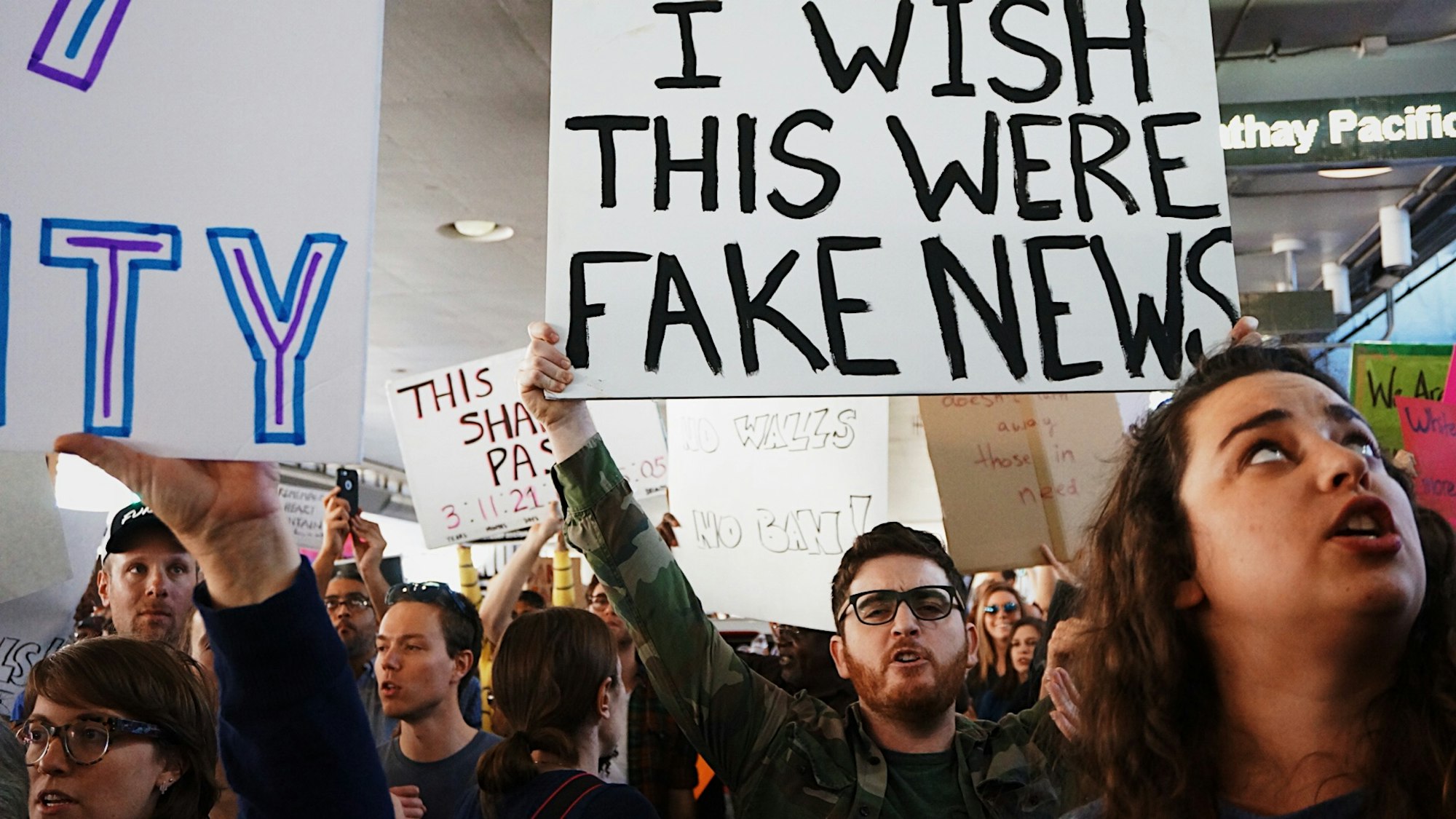Museum workers should pay attention to the recent crypto turbulence—the field doesn't need this instability right now.
If you're reading this and not a subscriber to Museum Human, consider scrolling to the bottom and signing up now—it's free and is the only way to read the site's longer weekly post on the organizational culture of cultural organizations and to learn about subscriber-only events and communities.
The recently concluded American Alliance of Museums (alliance against whom?) had plenty about NFTs, including a panel hosted by Cuseum (read their site for lots of NFT advocacy, such as this piece). (Jing Culture & Commerce, for whom I've written articles about museum workplaces here and here, also has plenty about museums and NFTs.)
The question is, are we getting any closer to a point where NFTs seem like a value proposition to a museum and not just a sackful of risks? I'm not sure yet. I'd feel better if museum org culture were more skilled at developing digital knowledge around the organization—the more people who have to understand NFTs, the better the decision-making will be.
So with that, let's begin.
One: Is the recent "crypto bust" actually a good thing? (Well, not for the people who were suckered into a pyramid scheme and lost money, though that money was probably lost at the outset.) Look at the money and time that the city of Miami lost. Cryptocurrency forums have even "coined" (ha!) a term, "hodlers," meaning "hold on for dear life." For those of us of a certain age, it feels like the internet stocks of the late 1990s, followed by the the 2000 crash that may very well have set the stage for the tech-titan surveillance capitalism we have today.
Two: This Medium piece describes how the crypto carnage has impacted NFT prices and sales.
Three: Cory Doctorow can't be beat for his truthtelling (or lie-alerting) on all things tech. This Twitter thread provides a rundown of crypto and web3 (the so-called decentralized web), with a "useful, critical taxonomy of decentralization, beyond blockchains," with an extended comparison of old "peer to peer" (P2P) and web3 decentralization. He also includes a link to someone wonderfully called "the Blockchain Socialist" and delves into the contrast, expressed in a Wired article that I linked to earlier, between the different worldviews in crypto: subsidiarity (think networking and social relationships) and global redundancy (think ledgers and data ownership).
Read the whole piece for a better discussion than I could possibly provide. Doctorow notes, of particular interest to me, the problem that decentralized autonomous organizations have being both flexible and smart-contract based (these are contracts automatically processed by software), which are by nature inflexible and can only be changed democratically, thus slowing down the system.
Doctorow also links to this piece by Molly White, about artists in the possible "post-bubble" NFT world, that it might not be doom and gloom if the speculators are chased away.
Four: Crypto titan Coinbase's NFT marketplace is off to a lackluster start, writes the website Techcrunch.
Five: The next several links come from a Harvard Business Review series on the whole world of blockchain. (I'm saving the link to a piece on DAOs for a longer article about these blockchain-based groups which I wrote about, in a possible museum context, here.) This article leads off the series by explaining the concept of web3.
Six: This useful article delves into the ethical stakes around blockchain. More than just a rundown of scams and schemes, the article details various lacks: trusted third-party intermediaries, privacy, governance (as per this Wired piece), authentication of entries on the chain and others.
Seven: This piece helps readers understand the role the cryptocurrencies will have in the operation of web3.
Eight: Here's a rundown of what some brands are doing to take advantage of web3.
Nine: It's not all promise and roses. Here are some cautionary tales.
Ten: The HBR series ends with hope that web3 can lead to a better internet.
Bonus: For some more technical reading, check out this two-part series here and here on the true issue of web3 centralization and the technology question about cryptocurrencies you're not supposed to understand. They're worth wading through.
Double bonus: Want to read more about the crypto crash? Check out this piece from one of my new favorite Medium writers, indi.ca:
Crypto is almost certainly going to crash by 95% or more, in an absolute extinction level event. The small crash of May 12th, 2022 was just a taste. But life does this all the time. Nature is constantly destroying 95% of lifeforms, but the ones that survive adapt and find a way.
So it was with the corporation after the South Sea Bubble of 1720, and so it will be after the OpenSea or whatever bubble that decimates crypto one of these days. Artificial life also finds a way. The same evolutionary principles are at play. The fact is that life can evolve in our dreams and greed as well as whatever it is we call ‘reality’. So yeah, crypto is definitely going to crash, but it won’t burn. It’ll live to evolve another day.
Triple bonus: Finally, one last explanation of the crypto crash.
Quadruple bonus: Because there was another useful link the morning this post when live, read this, which includes this useful link.

Liberation
Why all this reading on crypto, so little of it directly museum-related? Dear reader, when we're so overworked and overburdened, it's important to get used to the writing about something new, especially when it can impact our jobs (it's already a brain drain), organizations, and personal net worth. It's only a matter of time before your 403b offers crypto and that question from elderly parents becomes a statement to you that there's now some bitcoin in their virtual coffee can.
We need to keep on reading until the technical explanations align with the role of the blockchain and NFTs in the museum field. It's important that many more of us understand these, just as it's important that more of us understand digital, strategy, and audience research. It's a reminder that right now, only some people get to talk about the future, including blockchain.
If you're reading this and not a subscriber to Museum Human, consider signing up for a free subscription below—it's the only way to read the site's longer weekly post on the organizational culture of cultural organizations and to learn about upcoming subscriber-only events and communities. Thank you for reading!
cover photo by Michael / Unsplash [description: a jagged, mountainous island in the middle of a blue sea]

Links of the Week: June 3, 2022: Crypto Island by Robert J Weisberg is licensed under a Creative Commons Attribution-NonCommercial-ShareAlike 4.0 International License.







